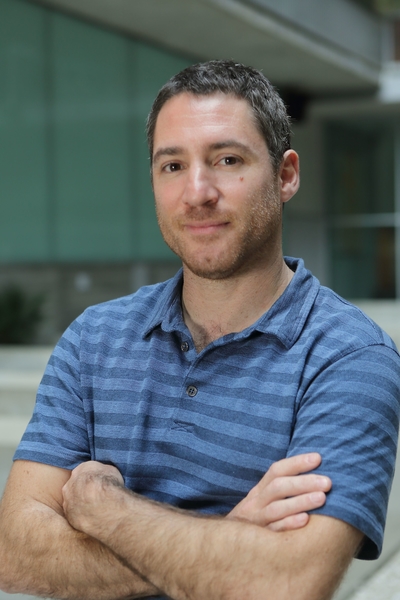Objectives
Abstract: One of the major challenges for the development of complex multicellular organisms is to generate dozens of cell types from a single genomic sequence. Through differential processing of introns and exons, alternative splicing can produce cell type-specific transcript isoforms that allow optimization of their gene's specific cellular roles or even the emergence of novel functions. One of the most striking examples of this is provided by microexons in bilaterian neurons. These tiny exons, which can encode as few as one or two aminoacids, are switched on during neuronal differentiation and show the highest evolutionary conservation of all types of alternative splicing. Remarkably, their sharp neuronal expression depends on a single protein domain that originated in Bilaterian ancestors and that has enabled the emergence of microexon programs. Comparison of loss-of-function mouse and fruitfly models for this protein domain uncovered shared developmental defects as well as multiple lineage-specific microexon functions, which impact distinct aspects of neuronal biology in each clade.
 Short Bio: Manuel Irimia obtained his PhD in 2010 at University of Barcelona investigating the origin of vertebrates at a genomic level. After two postdocs at Stanford University and University of Toronto, he joined the Centre for Genomic Regulation (CRG) in June 2014. His lab is interested in understanding the roles that transcriptomic diversification, especially through alternative splicing, plays on vertebrate development and evolution. He has been elected EMBO Young Investigator (2018) and he obtained an ERC Starting Grant in 2014 and, recently, an ERC Consolidator Grant (2020). He is an ICREA Research Professor from December 2018.
Short Bio: Manuel Irimia obtained his PhD in 2010 at University of Barcelona investigating the origin of vertebrates at a genomic level. After two postdocs at Stanford University and University of Toronto, he joined the Centre for Genomic Regulation (CRG) in June 2014. His lab is interested in understanding the roles that transcriptomic diversification, especially through alternative splicing, plays on vertebrate development and evolution. He has been elected EMBO Young Investigator (2018) and he obtained an ERC Starting Grant in 2014 and, recently, an ERC Consolidator Grant (2020). He is an ICREA Research Professor from December 2018.Speakers
Manuel Irimia, ICREA Research Professor & Transcriptomics of vertebrate development and evolution Group Leader at the CRG - Centre for Genomic Regulation
